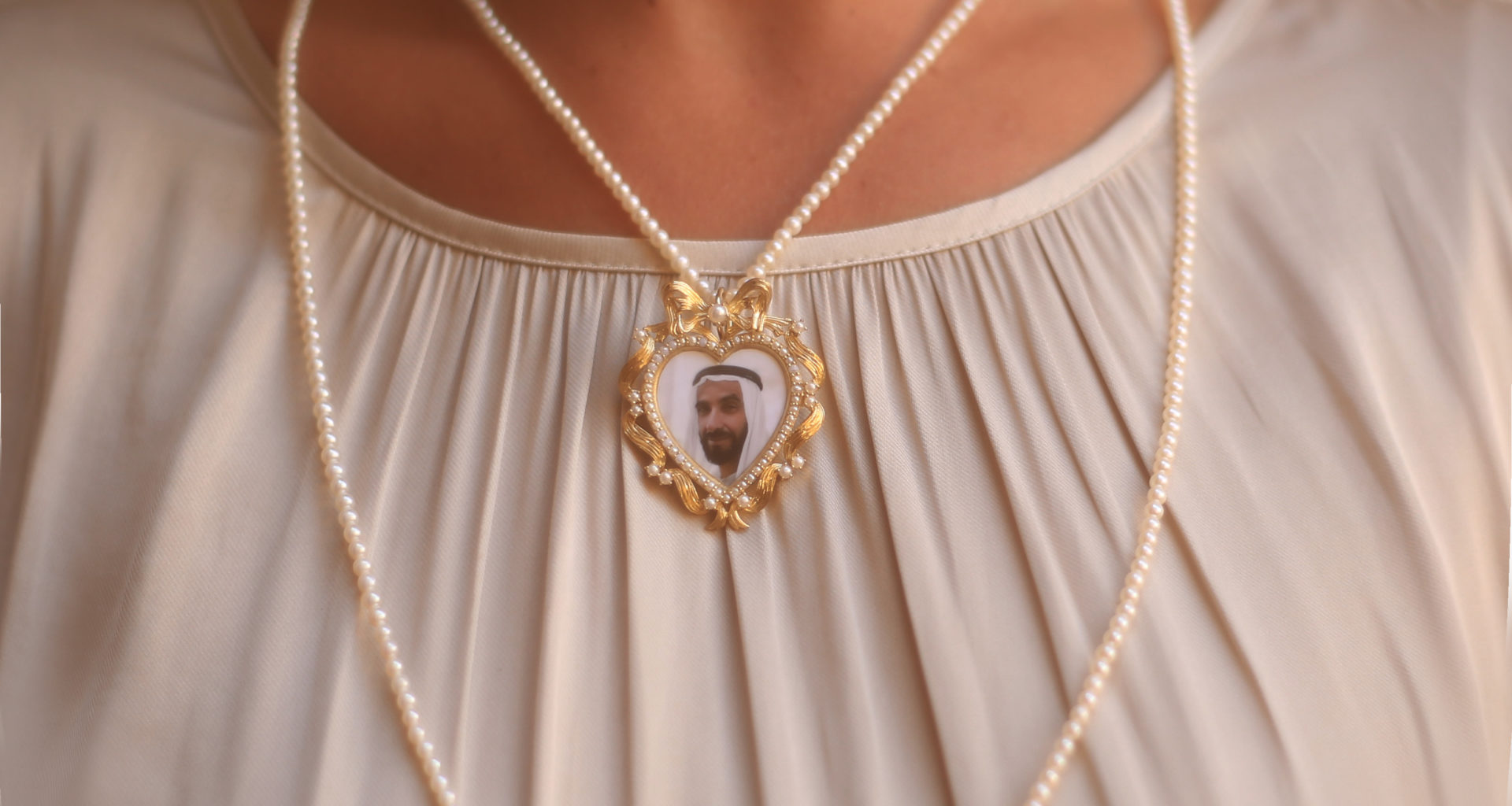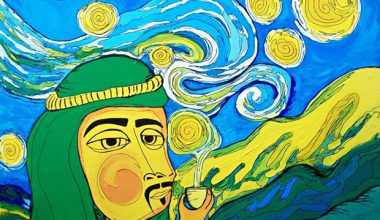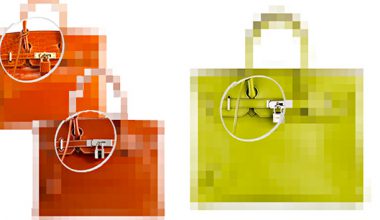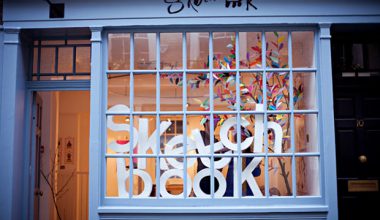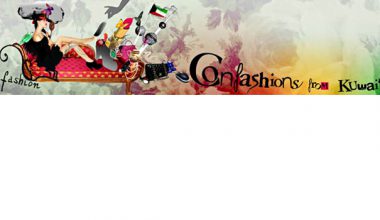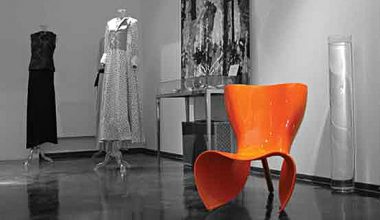Emirati designer Fatima Al Mehairbi utilizes artisans from long-standing Abu Dhabi shops to create a fashion collection inspired by the past.
Emirati concept boutique Kan Yama Kan releases a jewelry and wardrobe collection that has people longingly reminiscing over the UAE’s past. One of the released pieces, a gold brooch/pendant frame with the picture of the late Sheikh Zayed, instantly went viral. “We were getting over 100 inquiries an hour,” says boutique owner and designer Fatima Al Mehairbi. “My focus was really to capture that emotional experience we collectively went through as Emiratis and residents that bonded us together through Sheikh Zayed’s vision—to capture what is quintessentially ‘us,’ and celebrate it.”
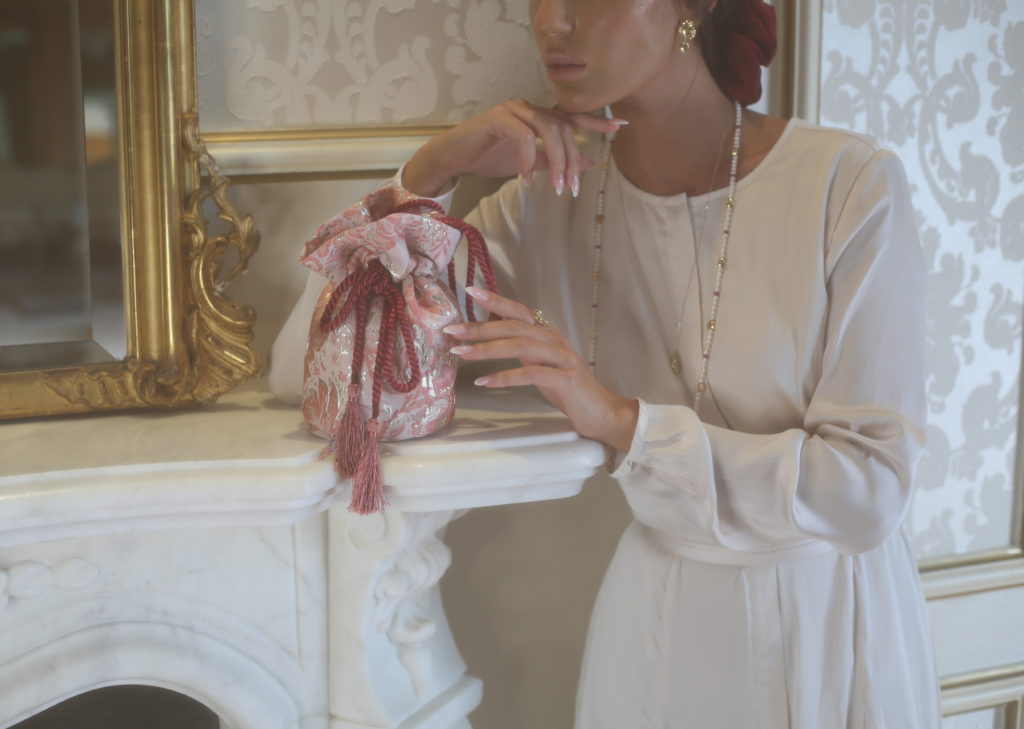
To long-term residents, the UAE’s national day is not just a date on the calendar; it’s a turning point that sets the tone for a nation and its people. It facilitated a gateway into modernity through which its people leapt forward but still held onto a deep-rooted heritage, carefully passed down from one generation to the next. Abu Dhabi-born designer Fatima Al Mehairbi tries to capture this sentiment by capturing the moment in time of 1971, designing objects inspired by her family’s memories, stories and photographs of what that era means.
Kan Yama Kan, a concept boutique which Al Mehairbi launched in 2014, is built around narrative, rather than seasonal collections. “I don’t release a collection unless I have a story to tell, which is why [I] call my collections “chapters.” For this year’s national day, the story we’re telling is very emotional, and it’s sort of a love letter to Abu Dhabi, to the founding fathers, to the people who believe in it from the start, and finally, the women who helped preserve the fine balance between modernity and heritage.”

The collection includes jewellery pieces that took a year in the making, including a pendant of Sheikh Zayed that doubles as a brooch titled “The Most Precious Of Things.” “We didn’t want to give it a generic name, because this was more than Sheikh Zayed as an icon, this was about his legacy, and the magnificent gifts he left behind. We stumbled upon this old article of Sheikh Zayed when he was interviewed right after the announcement of the union in Dec 2, 1971… He called the union project “the most precious of things” and we immediately thought, that’s it!”
Much of Al Mehairbi’s inspiration for making her pieces comes from the women in her family. “Although women did not take as much of a public role as they do now,” says Al Mehairbi, “the women of that first UAE generation are the ones who truly sacrificed to get us here. I think women are indispensable when it comes to making the UAE the success it is today.” Al Mehairbi’s grandmother was the late Mariam bint Saif Al Falahi, one of Abu Dhabi’s first female businesswomen. “She never shied away from making daring business decisions, says Al Mehairbi. “She began with selling handmade clothing and burqas in the 40s and 50s, later supplying equipment for oil companies in the 60s, as well as real estate. She was this amazing larger-than-life personality.” Al Mehairbi’s piece “Grandmother’s Pearl Necklace” is an homage to her later grandmother, who is a descendant of a long line of pearl merchants.

The Majlis – the rooms in which ideas and plans of the UAE’s unification were born and deliberated – also became central to Al Mehairbi’s inspiration. She visited longstanding fabric shops in Abu Dhabi to source material reminiscent of retro majlis upholstery, which were often metallic threads of brocade with floral motifs. While researching, she stumbled upon a video of Sheikh Zayed in her uncle’s Majlis. “Sheikh Zayed,” says Al Mehairbi “never said no to an Emirati’s invitation to his Majlis. I worked with my relatives to use the very same chairs that were in my uncle’s majlis to recreate this iconic image.” Using the Majlis as a departure point, Al Mehairbi designed a collection of shoes, handbags which she developed by collaborating with local craftsman who have resided in Abu Dhabi for decades.
“My mother used to tailor matching shoes and handbags to go with her outfits during the 80s. I went to the very same shoemaker she went to for her wedding preparations to design and make the shoes for this collection.” The handbags, Al Mehairbi says, were made in collaboration with an enduring tailor shop that her family went to for generations. “It was important for me that anything made in celebration of the UAE, has to be made through celebrating its people.”
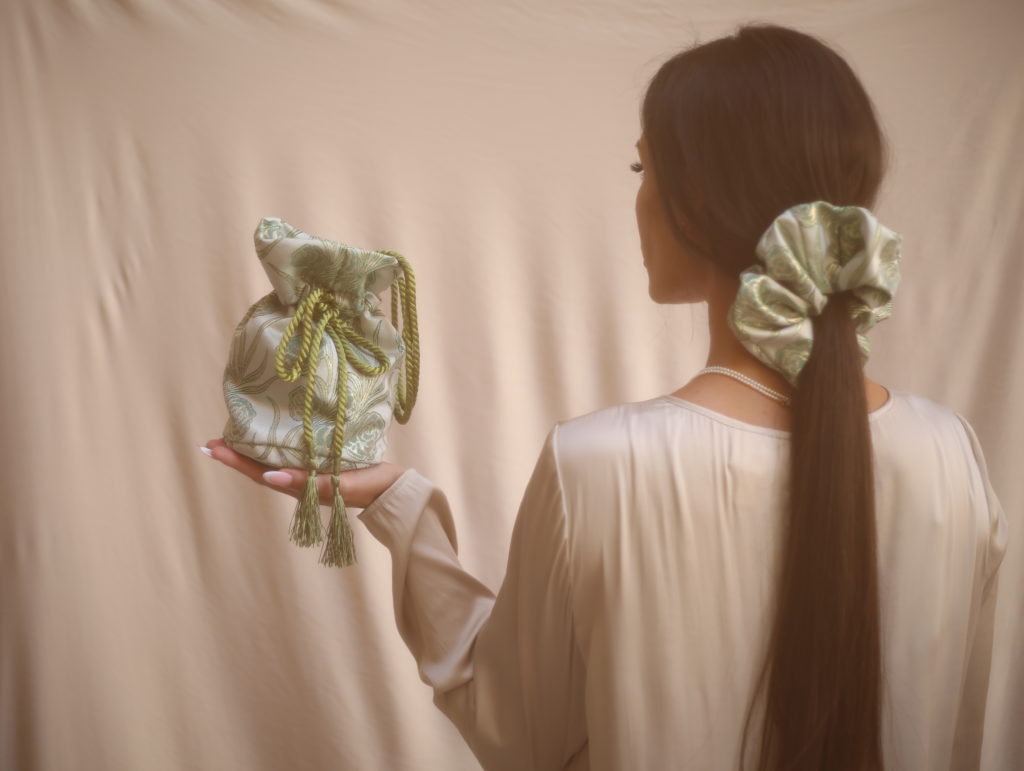
With the limitations posed by the pandemic, there has been a shift in people’s buying habits in the UAE, with many choosing to support local businesses. “What these times have taught me is that a true passion project can only be made in collaboration with others, and the UAE has so many talents, creatives, craftspeople and I encourage local business to consider tapping into this treasure.”
Not inhibited by the conventional idea of a fashion collection, Al Mehairbi likes to think of her designs as belonging to chapters of her ongoing narrative tale. Each chapter of the story spawns objects that tell that particular tale—whether it be a piece of jewelry, a garment, a notebook, or perhaps a piece of homeware. The curated objects can be then reshuffled by the wearer to tell another story; their own.

Words by Maitha Al-Mehairbi
Images by Maitha Al-Mehairbi
To visit their Instagram page and see Kan Yama Kan's collection, click here!
For more information, contact Kan Yama Kan on dreamwithus@kanyamakan.ae

